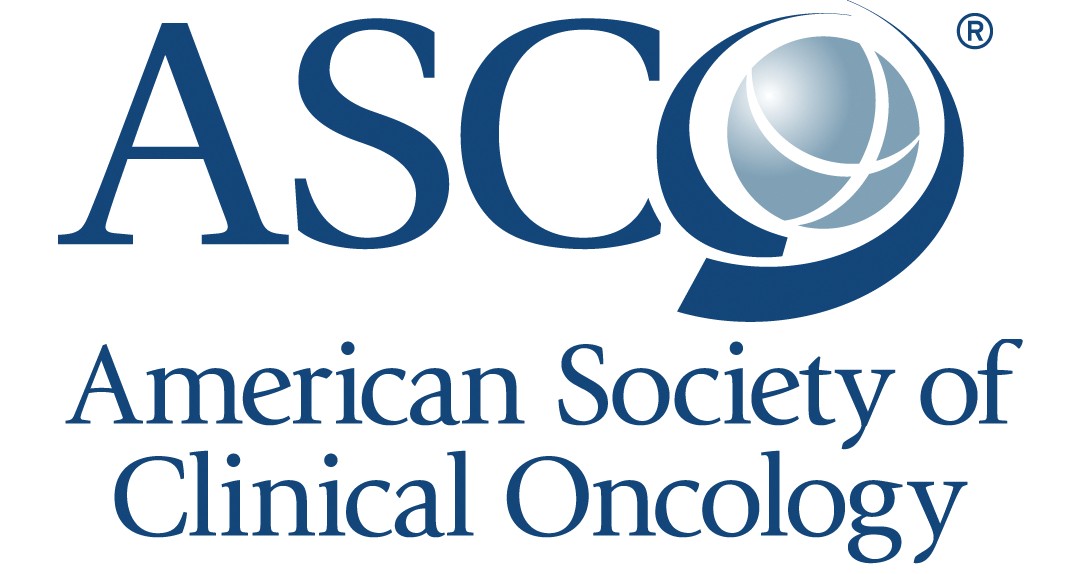Share this Page:
A study presented during the 2020 American Society of Clinical Oncology (ASCO) Virtual Scientific Program has identified several features of kidney cancer tumours that influence their response to immune checkpoint inhibitors, such as nivolumab and pembrolizumab. The research was conducted at the Dana-Farber Cancer Institute in America and is published in the journal, Nature Medicine.
The study provides information about the genetics of kidney cancer and its interaction with the immune system. This information may help predict which patients are likely to benefit from immunotherapy drugs, which don’t work in all patients.
The study showed that features that are typically linked to immunotherapy response or resistance in other types of cancer don’t work the same way in advanced clear cell renal cell cancer (RCC). For example, in cancers such as melanoma and lung cancer, checkpoint inhibitors, such as pembrolizumab and nivolumab tend to be more effective against tumours with a “high mutational burden,” i.e. tumours whose DNA is riddled with many mutations. However, advanced clear cell RCC has a moderate number of mutations yet is relatively responsive to checkpoint inhibitors. Also, in some cancers, such as melanoma, tumours with large numbers of immune CD8 T cells causing an inflamed or “hot” tumour respond better to PD-1 checkpoint inhibitors. However, the reverse is true in advanced kidney cancer – “hot” kidney tumours respond poorly to checkpoint inhibitors. Scientists have no explanation for why this is.
In this study, the scientists analysed the genetic changes and mutations in the genes of 592 tumours collected from patients with advanced kidney cancer who were enrolled in clinical trials of PD-1 checkpoint inhibitors.
They discovered that interactions between immune T cells within the tumour and alterations in the tumour DNA, such as inactivation of the PBRM1 gene and deletion of the 9p21.3 gene, may influence the response of the tumour to PD-1 checkpoint inhibitors.
“The detailed clinical, genomic, transcriptomic, and immunopathology data produced by this study will serve as a valuable resource for the cancer immunology community. This work, therefore, will be important for ongoing research in precision medicine and immuno-oncology, helping to identify which patients are likely to respond to current therapies, and providing fundamental information to aid in development of rational combination therapies to overcome resistance in the future.” said Dr Choueiri, from Harvard Medical School in America.















